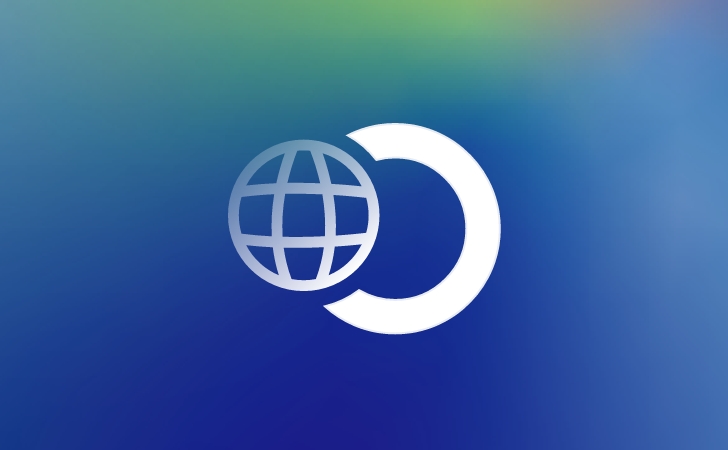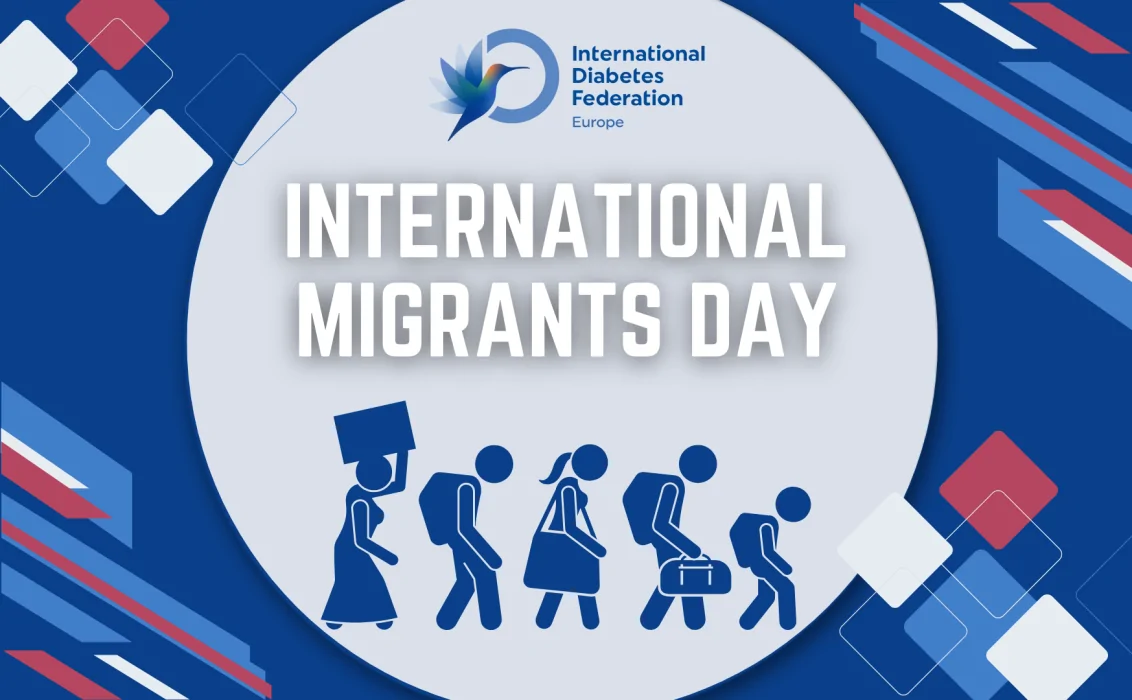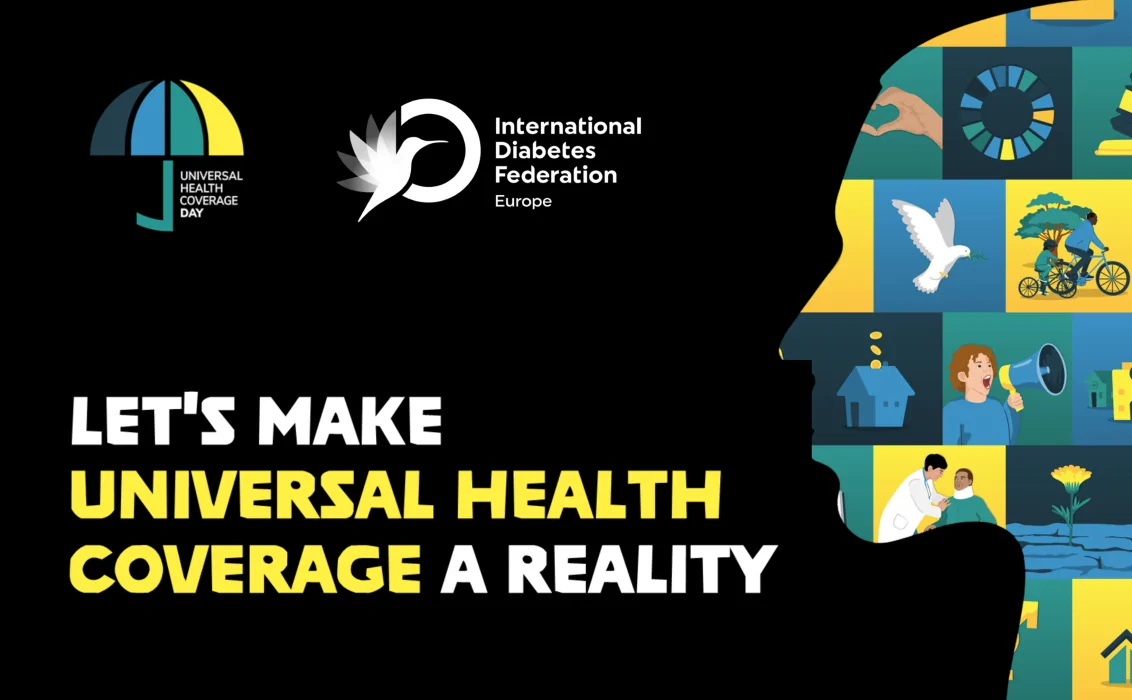IDF Europe participated in the ‘Intrinsic capacities’ webinar, which took place on 5 March. The webinar, co-organized by WHO and FrailSafe, addressed the challenge of managing declines in intrinsic capacity (the combination of an individuals’ physical and mental capacities) with the objective of preventing care dependence in older age.
Type 2 diabetes is most commonly seen in older adults, and it is strongly linked with overweight and obesity and increasing age. Some modifiable risk factors include obesity, poor diet and nutrition and physical inactivity — which is more common among elder people.
To manage declines in intrinsic capacity, WHO has launched the integrated care for older people (ICOPE) approach to reorient health and social services towards a more person-centred and coordinated model of care.
The ICOPE approach will receive support from an ICOPE app that is currently in development. The FrailSafe system was shown as a good practice. It collects data in all five components that describe intrinsic capacity and frailty: locomotion, sensory, vitality, cognition and psychological.
IDF Europe believes digital healthcare and apps can make our health systems more patient-centred. Apps allows self-management and results-sharing with healthcare teams; they are not a substitute for an appointment with a healthcare professional.
IDF Europe chair Sehand Karadeniz believes that “Institutions should commit to build eHealth Programs and Strategies to improve patients’ lives through the development of data-driven systems and apps that will ease self-management.”
Learn more about IDF Europe’s position paper on mobile apps



